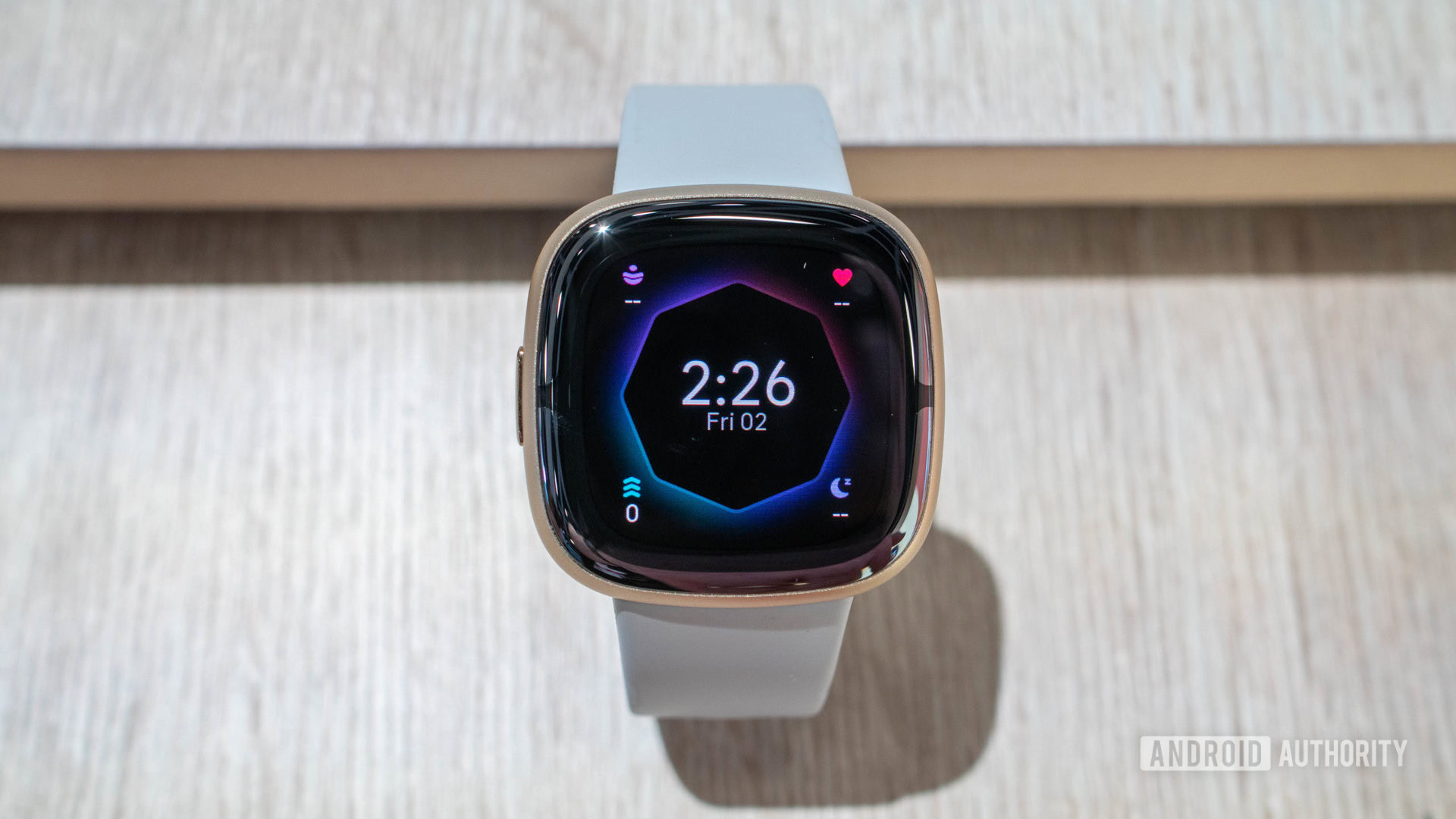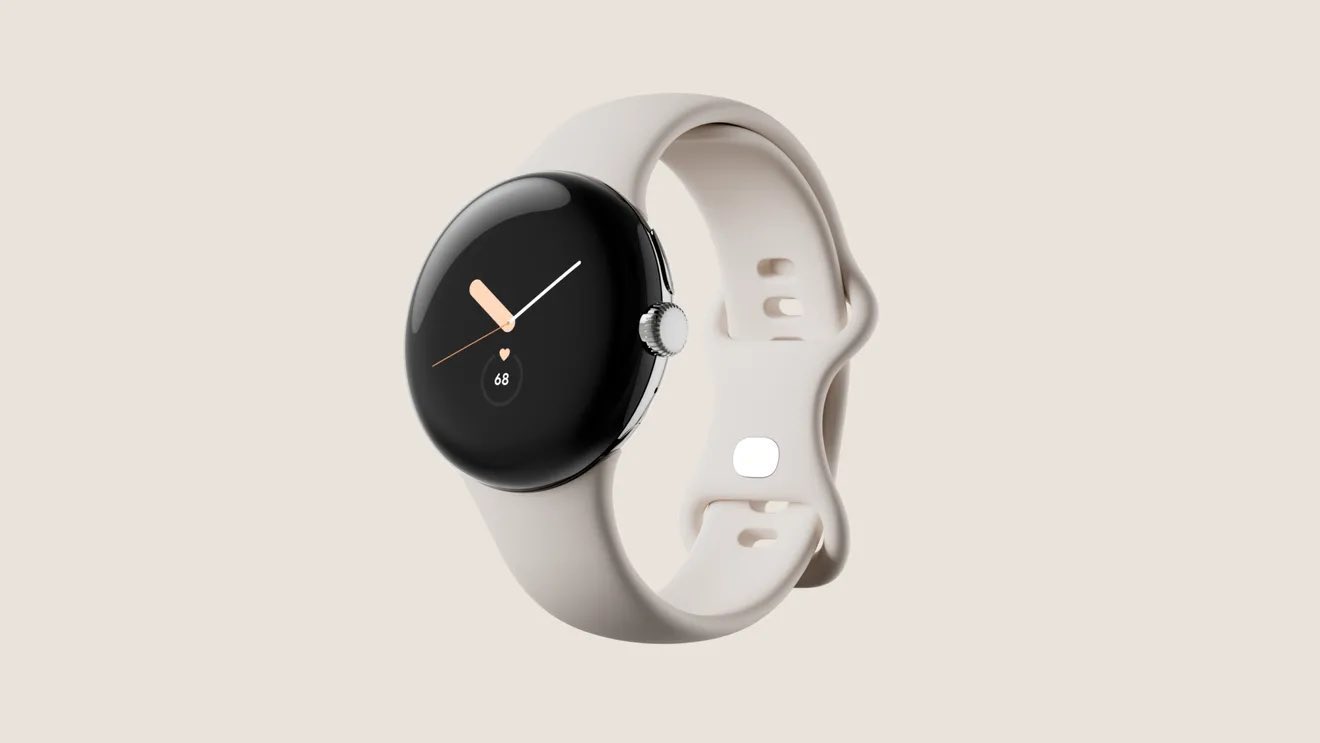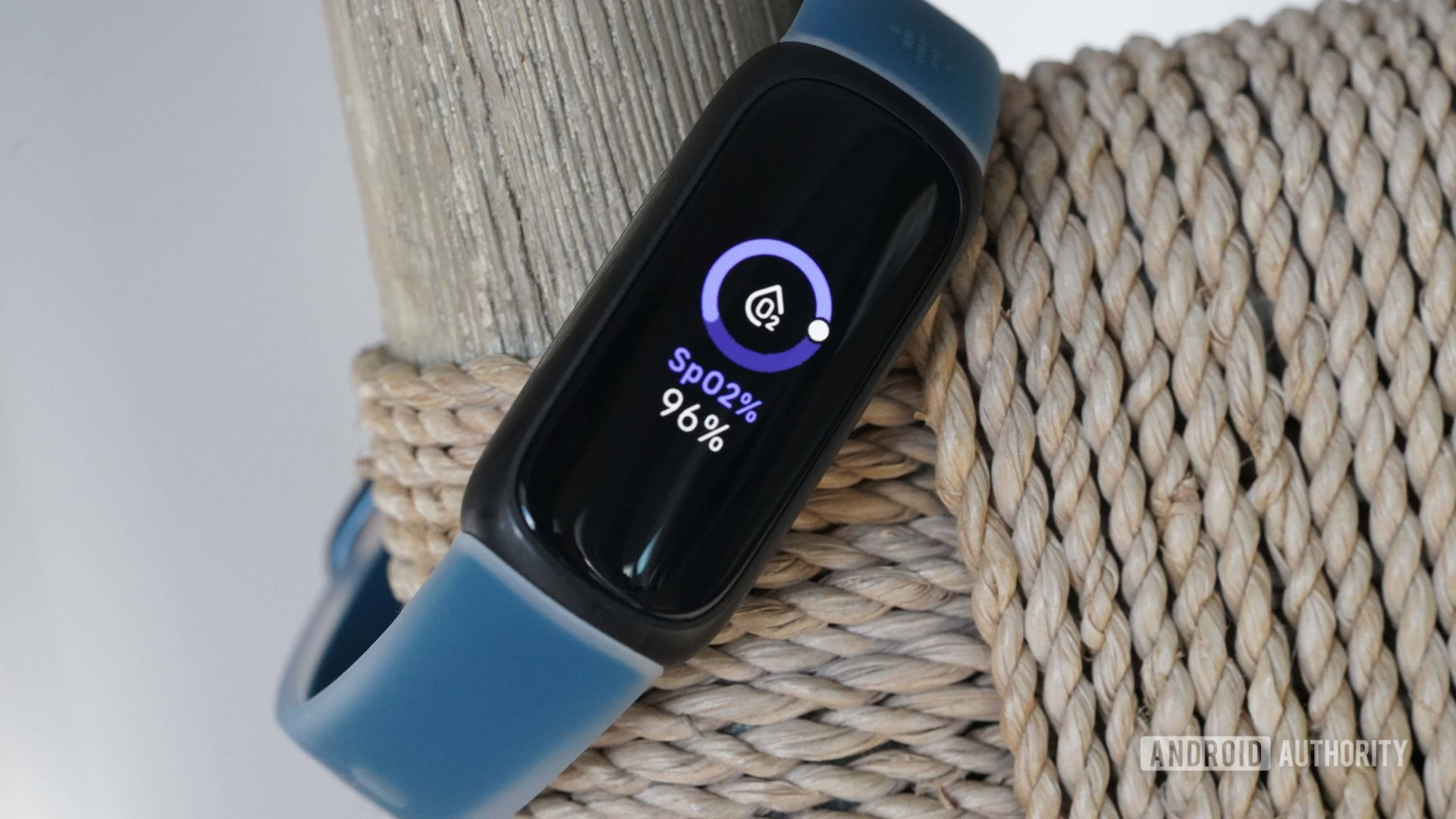Affiliate links on Android Authority may earn us a commission. Learn more.
The Pixel Watch is the reason your new Fitbit smartwatch is dumber
October 5, 2022

Last week, I posted my review of the Fitbit Sense 2, the latest flagship smartwatch from Fitbit. I’ve written before about how excited I was for this watch since I’ve been wearing the original Sense for the past two years. You can imagine my disappointment when I found it to be nothing like what I expected.
For the Sense 2, Fitbit took away numerous integral features we saw with the first Sense. There’s no Google Assistant support, no third-party apps, and no Wi-Fi support. That last one is particularly interesting since the Sense 2 includes the hardware needed for Wi-Fi connectivity. Fitbit just won’t switch it on.
As I was reviewing the Sense 2, I couldn’t help but feel the looming specter of Google. The Big G bought Fitbit in 2019 and officially closed the deal in 2021. That makes the Fitbit Sense 2 and Versa 4 the very first Fitbit smartwatches to launch under Google’s watchful eye.
With that in mind, it’s difficult not to surmise that the reason the Sense 2 is such a weak smartwatch is that Google forced Fitbit’s hand. And it probably all comes down to the Pixel Watch.
Fitbit vs Google: There can be only one

When Google formally revealed the Pixel Watch at Google I/O 2022, it confirmed that it would feature Fitbit in some way. Over the past few months, we’ve come to understand that Fitbit’s health-tracking features are deeply integrated with the watch. Essentially, Google is in control of the smart features while Fitbit handles the health stuff.
This makes the Pixel Watch, essentially, a Fitbit-powered smartwatch. Now that Google has control of Fitbit, the last thing it would want would be for Fitbit to outshine the Pixel Watch with its own premium wearable. This mindset probably resulted in Google stepping in and forcing Fitbit to dock the features of the Sense 2 and Versa 4 so that they couldn’t directly compete with the Pixel Watch.
Google probably docked the Fitbit Sense 2 to prevent it from outshining the Pixel Watch.
That’s the most likely reason why the Sense 2 lacks Google Assistant, third-party apps, and Wi-Fi — the three features that would help make it a viable competitor to the Pixel Watch. The first Sense proves that Fitbit watches are more than capable of having these features, so what other reason could there be for their removal other than Google not wanting to compete with itself?
I don’t want to dive too deep into this since we haven’t seen the Pixel Watch yet, but it certainly makes me question Google’s confidence in its own watch. If the company was really confident about the value proposition of the Pixel Watch, it wouldn’t need to tell Fitbit to dock the Sense 2. In other words, instead of innovating and making its own watch better, Google is simply artificially lowering the bar set by Fitbit. That’s pretty lame and doesn’t bode well for the Pixel Watch.
It also drastically changes the future of Fitbit.
What does this mean for the future?

The Fitbit Sense 2 might be lacking a bunch of smartwatch features, but it isn’t lacking in the health-tracking department. It has all the robust sensors of the original Sense and even introduces a new feature in continuous electrodermal activity (cEDA) sensing, something that doesn’t appear on any other major wearable — including the Apple Watch. In other words, Google may have docked a whole bunch of smartwatch benefits from the Sense 2, but it doesn’t seem to be threatened by its health-focused features.
This is a big hint of things to come. I surmise that Google is going to push Fitbit further and further away from smartwatches altogether. The most probable overarching plan would be for Google to hold the smartwatch market and Fitbit to hold the health-tracking market. This would force Fitbit to only release fitness trackers.
The future of Fitbit could be health and nothing else.
Granted, this wouldn’t stop Fitbit from releasing a Sense 3. It’s just that this hypothetical Sense 3 would have fewer reasons to exist and would be even less like a smartwatch than the Sense 2. To keep things simple, Google would want consumers who desire any semblance of a smartwatch experience to go to the Pixel Watch, while people who only care about health could stick to Fitbit. This makes perfect sense to me from a business and marketing perspective, and the Inspire and Charge lines have higher odds of surviving than the Versa or Sense.
However, as a Fitbit fan who saw unbelievable promise with what the Sense 2 could have been, I can’t help but be profoundly disappointed. Fitbit could have launched a powerhouse: a Google Assistant-powered smartwatch with third-party apps, every health-tracking feature you can imagine, and a battery life that lasts a week — all for under $300. Once again, the original Fitbit Sense proves that Fitbit could have done this. But now, we won’t see it, not because Fitbit wasn’t capable of delivering but because Google seemingly said “no.”